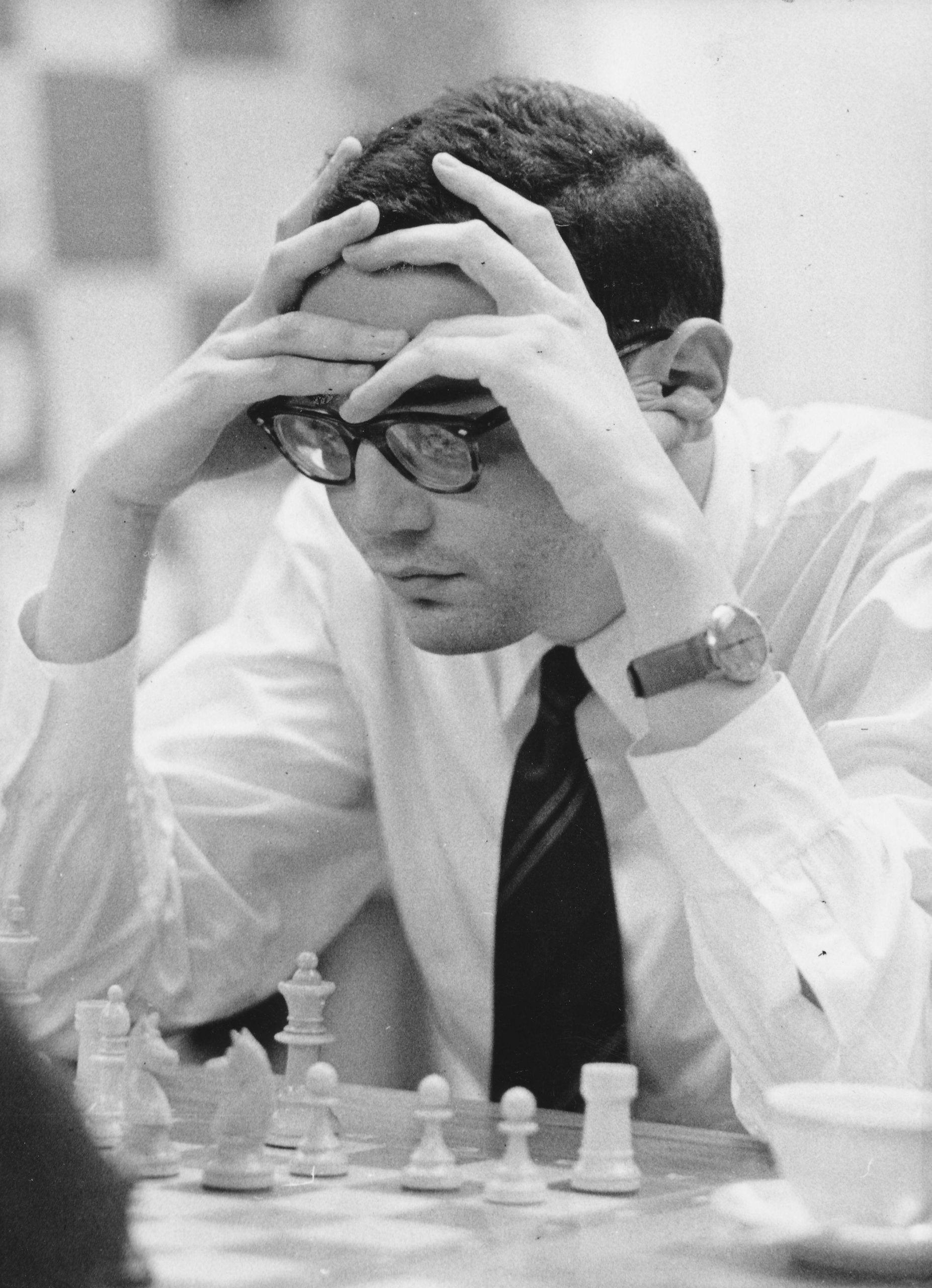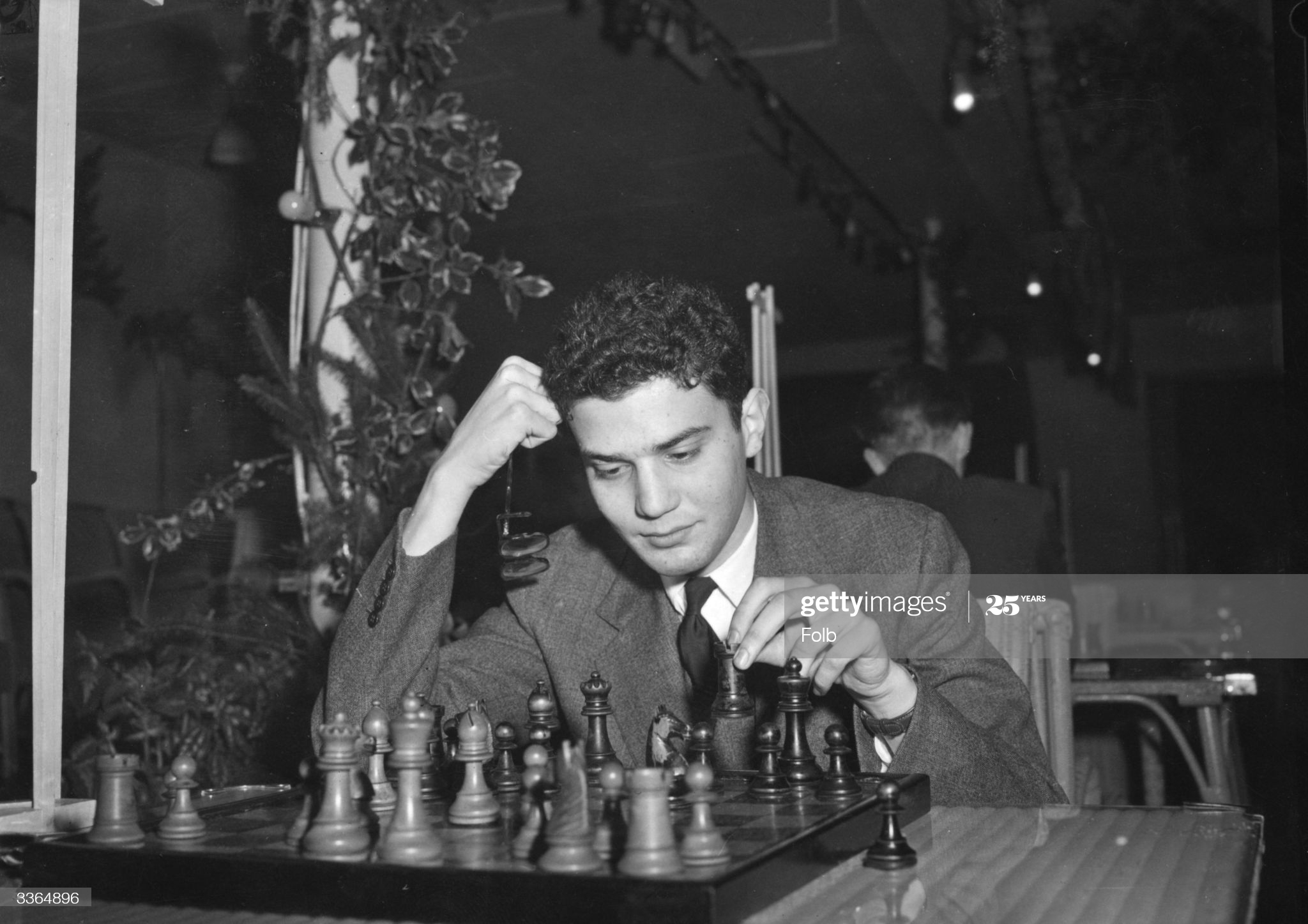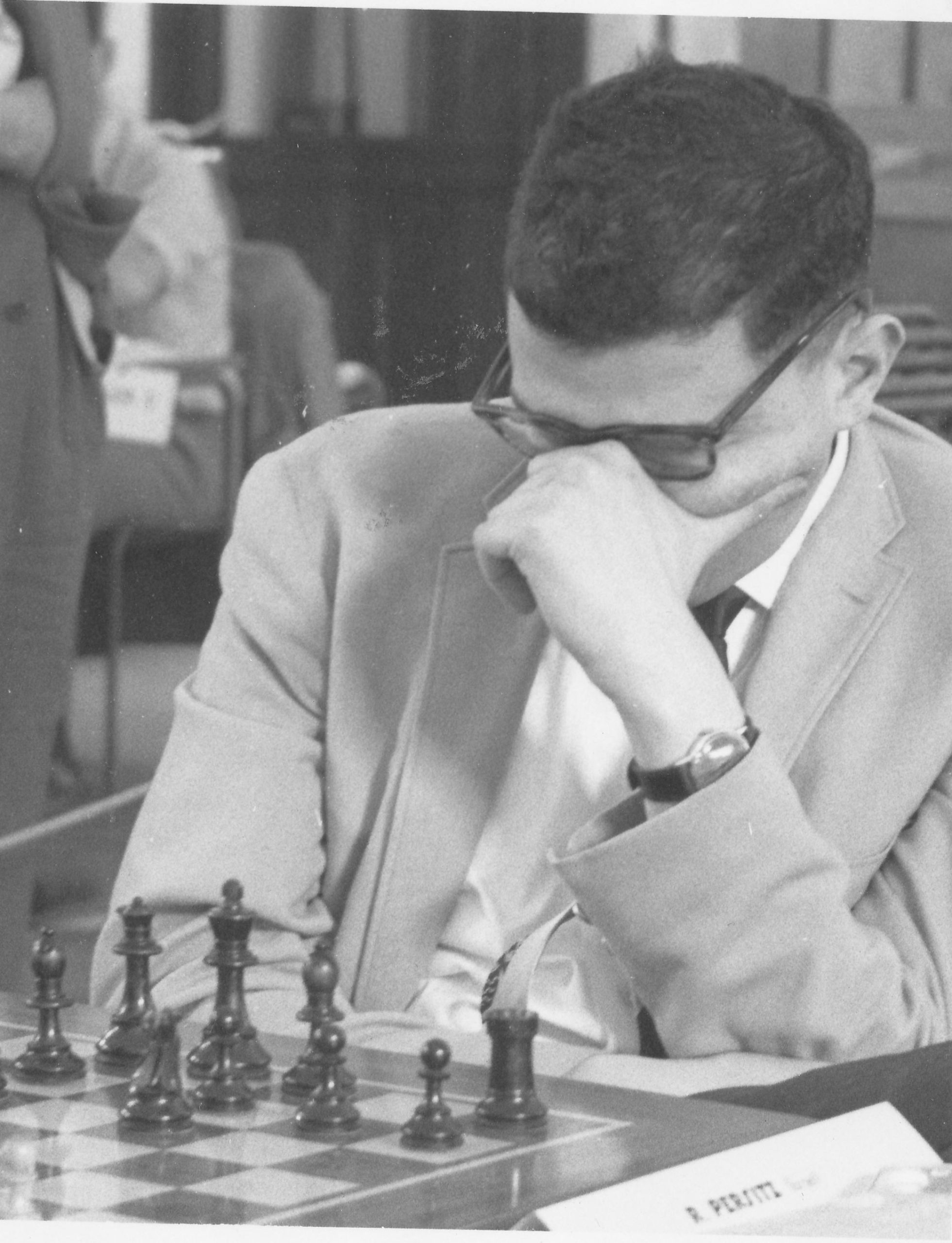
- This event has passed.
Death Anniversary of Raaphi Persitz (26-vii-1934 04-ii-2009)
February 16, 2022

We remember Raaphy(i) Persitz who passed away on Wednesday, February 4th, 2009.
From British Chess Magazine, Volume CXXIX (129, 2009), Number 3 (March), pp. 130-134 by John Saunders we have this detailed obituary:
Raaphy Persitz
A tribute to a great friend of British chess, by John Saunders
Raphael Joseph Arie (Raaphy) Persitz (26 vii 1934, Tel Aviv – 4 ii 2009, Tel Aviv)

Raaphy Persitz, one of the strongest players resident in Britain in the 1950s and 1960s and also one of BCM‘s most popular contributors, has died aged 74. Raaphy was born in Tel Aviv, the grandson of Shoshana Persitz (1893-1969), a publisher who became an early member of the Knesset, the Israeli parliament. Raaphy became Israel’s first junior champion in 1951 and shortly afterwards came to study PPE (Philosophy, Politics and Economics) at Oxford University where he was a member of their very strong chess team and a close friend of Leonard Barden and others.

One of his most publicised feats was to win his Varsity match game and also a county match against Hugh Alexander on the same day (see the May 1954 or March 2004 issues of the magazine for further details). Raaphy played three times in the Varsity match and also represented England in three Students Olympiads in the mid-1950s. He represented Israel in the 1960 Leipzig Olympiad on board four, and also played twice in the Hastings Premier, in 1955-56 and 1968-69, the latter being his swansong in competitive chess as he turned his attention to a career in banking which took him first to Switzerland and eventually to his home town of Tel Aviv. As a player his best result was probably finishing third behind Reshevsky and Szabo at the first major international tournament held in Israel, Haifa/Tel Aviv 1958.
Despite giving up competitive play, Raaphy never lost his love of the game and remained an avid reader of magazines and follower of the game until the end of his life. And, of course, he remained a perceptive and humorous writer on the game though his output was much lower than in the 1950s. The news of his death came as a particular shock to me as, only a couple of weeks previously, he had sent me a fax saying how moved he had been by the tribute I had writ- ten to Bob Wade in the January 2009 issue of BCM. That was typical of his kindness to wards me which dated back to when I took my first tottering steps as BCM editor in 1999. We never actually met in person but spoke occasionally on the telephone and exchanged faxes (Raaphy didn’t seem to communicate by email).

As a long-time reader of the magazine I had enjoyed his Student’s Corner column contributions. The column had been initiated by Abe Yanofsky in the early 1950s and Raaphy had inherited it in 1958. I was particularly delighted when, in 2004, after I had written about his 1954 feat in winning his Varsity match game and a county match against English number one CHO’D(Hugh) Alexander on the same day, Raaphy consented to write another column (which appeared in the May 2004 issue of BCM). I never succeeded in getting him to write another one but it was such a pleasure to have him write for the magazine during my spell as editor.
(Regarding the above game there is a note from Sally Simpson on chessgames.com as follows:
Raaphi Persitz agreed to play for Oxford v Cambridge in London and also on the same day for Oxon v Gloucester in a county match in Swindon.
This is the second game, he won both games.
Be aware that Bruce Hayden in ‘Cabbage Heads and Kings’, which is where I got this game from, mentions this but also added that these games took place on the same day as the 1954 Grand National (won by Royal Tan). This is wrong as the Grand National that year was run on the 10 April.
I think that maybe Bruce saw the score of the games with the two games a day story in a Sunday newspaper covering Saturdays Grand National and perhaps got the dates mixed up.
)
The fax he sent me on 7 January 2009 seems particularly poignant now but it is a good example of Raaphy’s kindness and self-deprecating humour. Here is the full text:
“Dear John, I was moved by your wide-ranging obituary of Bob Wade in the BCM[January 2009, p34l. I dare say you did justice to his contributions and devotion to chess, spanning well over half a century. I have several pleasant recollections of conversations and over-the-board encounters with Bob. One such tussle, a hard-fought draw, was reproduced by Bob, with comments (in the Student’s Corner) in a book containing his eventful games.
Another, somewhat less felicitous, recollection harks back to a game we contested at Ilford, where, in extreme time trouble, I blithely played Rxh7+, expecting …Qxh7, but overlooking the simple …Kxh7, leaving me a whole rook down with no compensation, whereupon I duly resigned. What impressed me at the time was the lightning speed with which Bob reacted to my ill-fated blunder – as if it were nothing but inevitable…
With warmest wishes for a healthy,
happy, fruitful 2009. Raaphy.”
I had hoped to publish the above as a Letter to the Editor but, sadly, it must now appear as part of Raaphy’s obituary. The draw with Bob Wade referred to in the fax was played in Dublin in 1962 and featured in Student’s Corner in BCM in the December 1966 issue on page 356. It seems appropriate to reproduce the game here in tribute to these two recently departed and much-loved chessplayers.
Notes by Persitz
Unlike the majority of games that have, over the years, appeared in the Student’s Corner, the following dour struggle between Bob Wade (White) and myself (Black), from Dublin, 1962, is in no way outstanding: it does not contain any brilliant combinations; it is not a positional masterpiece; it is certainly not devoid of mistakes. Nor is it amusing, or original, or of theoretical interest or particularly instructive. Yet (with the aid of the interspersed comments) it ought to give the student a pretty shrewd and realistic idea of the stuff competitive chess is made of: the endless number of laborious variations that have to be examined; the annoying little threats that must be attended to; the treacherous pitfalls to be sidestepped; the technical hurdles to be surmounted; the frustrating little details, indifference to which may be fatal; in brief, the drudgery that has become part and parcel of contemporary tournament practice, without which success is unimaginable.
Raaphy Persitz Tributes
Leonard Barden: Raaphy was probably my best friend at Oxford – certainly so among chessplayers. We played hundreds of blitz games in the junior common room at Balliol and later for some months in 1957 we shared a London flat, analysing Russian championship games over breakfast. He was a wonderful man to know, bright, witty, gentle, sympathetic and knowledgeable.

A tribute by Amatzia Avni: Ordinary people have a mixture of good qualities and bad ones. After 20 years of friendship with the late Raaphy Persitz I can attest that he was a distinct type: one sided, positive-only; pure gold.
I first met him in 1989. I had just written my first chess book (in Hebrew) and was searching for someone to write me an introduction. The word was that Persitz was back in town, after long years abroad. Having seen glimpses of his amazing linguistic skills, I contacted him and he agreed immediately. He didn’t know me, hadn’t read a single sentence of the book, yet he didn’t hesitate: “yes, sure, I’ll be glad to”.
That was typical Persitz: always ready to help, unconditionally. The introduction, needless to say, was a sheer delight, a class or two above the rest of the book. In later years he gave me a hand several times polishing my texts and making them more reader-friendly to English-speaking readers. Somehow he seemed to know what I wished to express better than I did. His suggestions enabled me to convey my meaning in a clear and precise manner.
Raaphy was modest and reserved. Once I called him and realized he was upset. “My mother had passed away some weeks ago,” he said. I was puzzled why he didn’t tell me the sad news at the time. “I didn’t want to bother you” was his reply.
A couple of years ago I stumbled upon Bruce Hayden’s old book Cabbage Heads and Chess Kings. One of the book’s chapters was headed “Raaphy Persitz star or comet?”. I learned that, in the 1950s, Persitz gained bright victories in England, against Penrose, Alexander, Milner-Barry and others. Searching a Chessbase database I found out that he also done battle with some out- standing international players. Yet, in all our meetings and hundreds of hours of conversation, he never said a thing about that!
Persitz was a master of understatement. I learned that if I wrote “very fine” or “extremely strong”, the ‘very’ and ‘extremely’ would fly out of the window. If I made a firm stand on a certain issue, he would add “probably”, “apparently’ or “it may be argued that”, because it was indeed only an opinion, not a fact. Over time, following his line of thought made me improve the way I expressed myself and thought about chess.
Persitz’s distinctions in chess, in linguistics and in journalism are evident to anyone who ever read his chess books and articles. He also excelled at economics, but I am unqualified to comment on this.
God bless you, Raaphy. I feel privileged to have known you. Amatzia Avni.
Here is his Wikipedia entry
